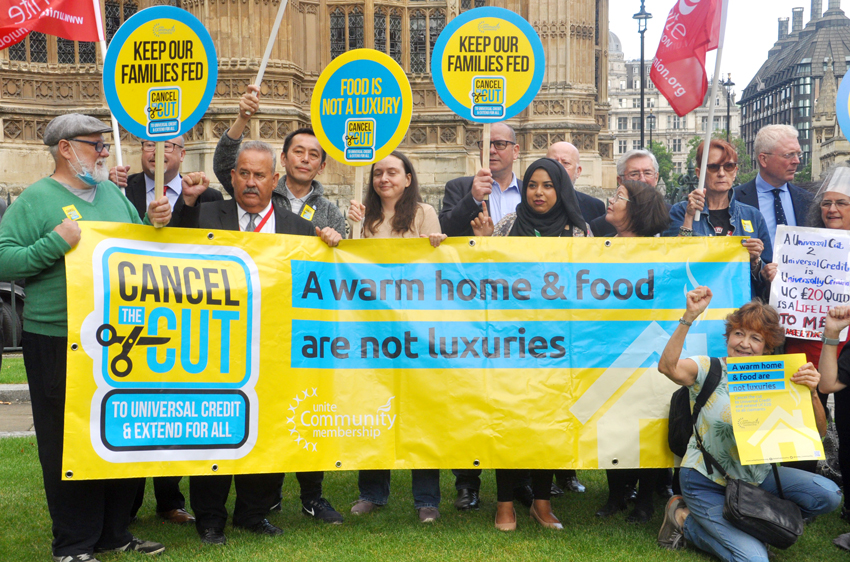FOOD costs and energy bills are soaring, with the energy crisis driving consumer prices up at the fastest rate in 30 years, latest figures show.
Consumer price inflation surged to 5.4% in the 12 months to December, up from 5.1% the month before, in another blow to struggling families.
The last time inflation was higher was in March 1992, when it was 7.1%.
And with gas and electricity costs set to increase further soon, analysts warned it could reach that level again and go beyond it.
The latest figures will increase pressure on the government, already under fire over tax rises set to take effect in April.
They will also fuel calls for the Bank of England to deflate the economy by raising interest rates in a bid to bring inflation closer to its 2% target.
Separate ONS figures issued on Tuesday showed that average pay rises are failing to keep up with the rise in the cost of living.
Regular pay, excluding bonuses and adjusted for inflation, fell 1% in November compared with the same month in the previous year.
Paul Johnson, director at the Institute for Fiscal Studies think tank, said people on low incomes would be particularly hard hit by the rises.
‘Everyone, particularly those on modest incomes, has had a long period of wages not really growing any faster than prices over the last decade, so another increase at this point is going to be particularly painful,’ he warned.
Paul Dales of Capital Economics said inflation was now expected to hit 7% by April.
The Bank of England’s rate-setting Monetary Policy Committee is now set to raise interest rates faster than most people expected, with the next increase by 0.5% expected in February.
At 5.4% in December, the annual rate of the Consumer Price Index has never been higher since the Bank of England was given independence – and, actually, since this measure of inflation was created.
We are heading for treble the rate of inflation the Bank has as its legal target. Gas, electricity, food and used car prices are all surging, and are heading even higher.
The Retail Price Index, an inflation measure which is still widely used by government and businesses, is already at an incredible 7.5%.
Independent analysts fear the main measure will hit 7% in April when the energy price cap is raised again.
Shadow Treasury secretary Pat McFadden said: ‘These figures show that the cost-of-living crisis is only going to get worse in the coming months.
‘Working families are already feeling the crunch. But the triple whammy of an imminent rise in the energy price cap, real wages falling and Tory tax rises coming down the tracks are going to make this crisis even worse.’
